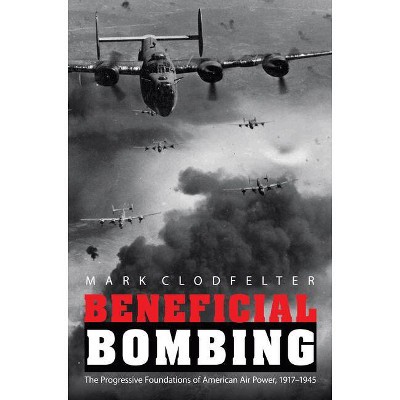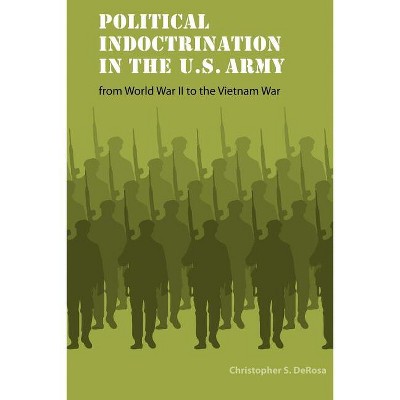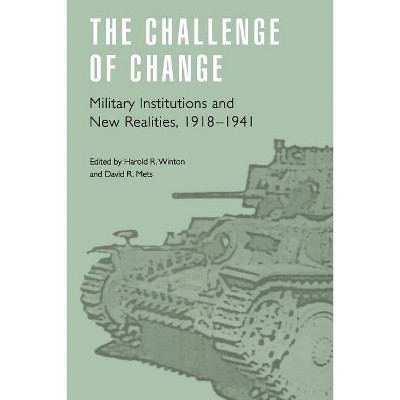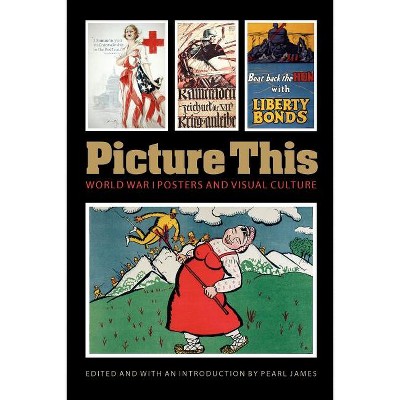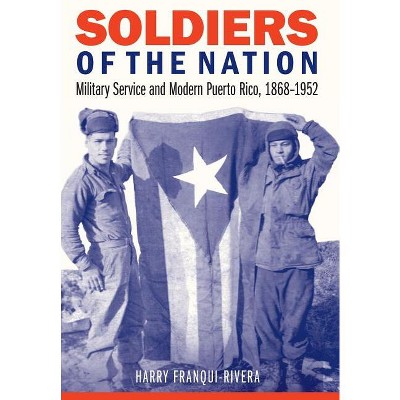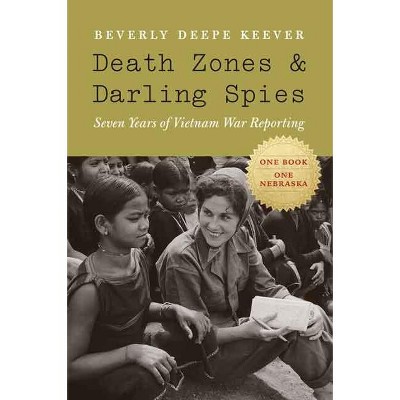Sponsored

The Politics of Air Power - (Studies in War, Society, and the Military) by Rondall R Rice (Paperback)
In Stock
Sponsored
About this item
Highlights
- The Politics of Air Power examines the turbulent development of relations between U.S. Army aviation leaders and civilian officials during the 1920s and 1930s.
- About the Author: A veteran of three wars, Rondall R. Rice has been on active duty in the United States Air Force for more than fifteen years and is an assistant professor of history at the United States Air Force Academy.
- 308 Pages
- History, Military
- Series Name: Studies in War, Society, and the Military
Description
Book Synopsis
The Politics of Air Power examines the turbulent development of relations between U.S. Army aviation leaders and civilian officials during the 1920s and 1930s. In the early 1920s Brigadier General William "Billy" Mitchell and a group of Army Air Service officers tried to force the creation of an independent air force against presidential wishes. They forged political alliances, used propaganda to arouse public sentiment, and circumvented their superiors to appeal directly to congressmen. Mitchell, a flamboyant, popular, and powerful personality, led these efforts and was ultimately court-martialed.Following Mitchell, aviation leaders were careful to avoid distressing presidents, Congresses, and an American public upset at Mitchell's challenges to civilian control. Tensions persisted, however, and the Air Corps took another step backward when Major General Benjamin Foulois misled Congress and the president and revived the image of the Air Corps as a radical element. Not until Major Generals Oscar Westover and "Hap" Arnold, a former radical himself, abandoned the crusade for immediate independence and emphasized cooperation within the Army and with civilian authorities did the Air Corps develop a stable and cooperative relationship with the president and Congress. Rondall R. Rice demonstrates that during the interwar period, civil-military relations between Army aviation leaders and civilian officials developed unevenly from confrontation to cooperation.
Review Quotes
"I would recommend this book to anyone who wants to gain a better understanding of the complexities of the relationships in our form of government. . . . It's not easy to create an Air Force, but Rice has done a superb job of laying out the story."--Col. Scott A. Willey, Air Power History-- (3/5/2007 12:00:00 AM)
"This is a worthy history of civil-military relations in the pre-WWII years."--Choice-- (9/12/2005 12:00:00 AM)
"This is a valuable book for the questions it raises and the new detail it provides in revealing the importance of cooperation as a means to organizational innovation. Social scientists interested in organizational theory, military and airpower historians, and students of leadership and even business management will find much of value in Rice's study of the importance of cooperation in civil-military relations."--Michael Perry May, Journal of Military History-- (11/7/2005 12:00:00 AM)
About the Author
A veteran of three wars, Rondall R. Rice has been on active duty in the United States Air Force for more than fifteen years and is an assistant professor of history at the United States Air Force Academy.





